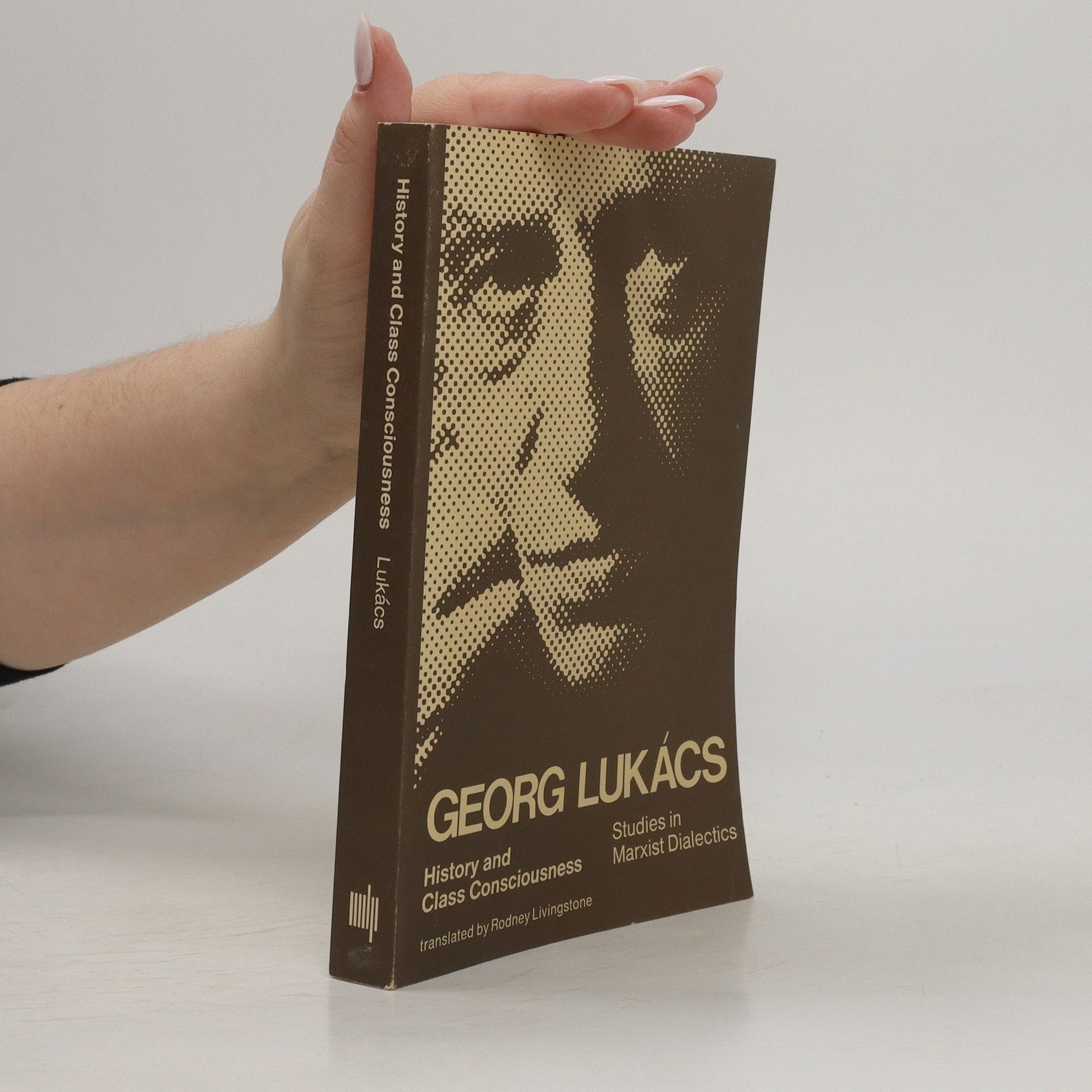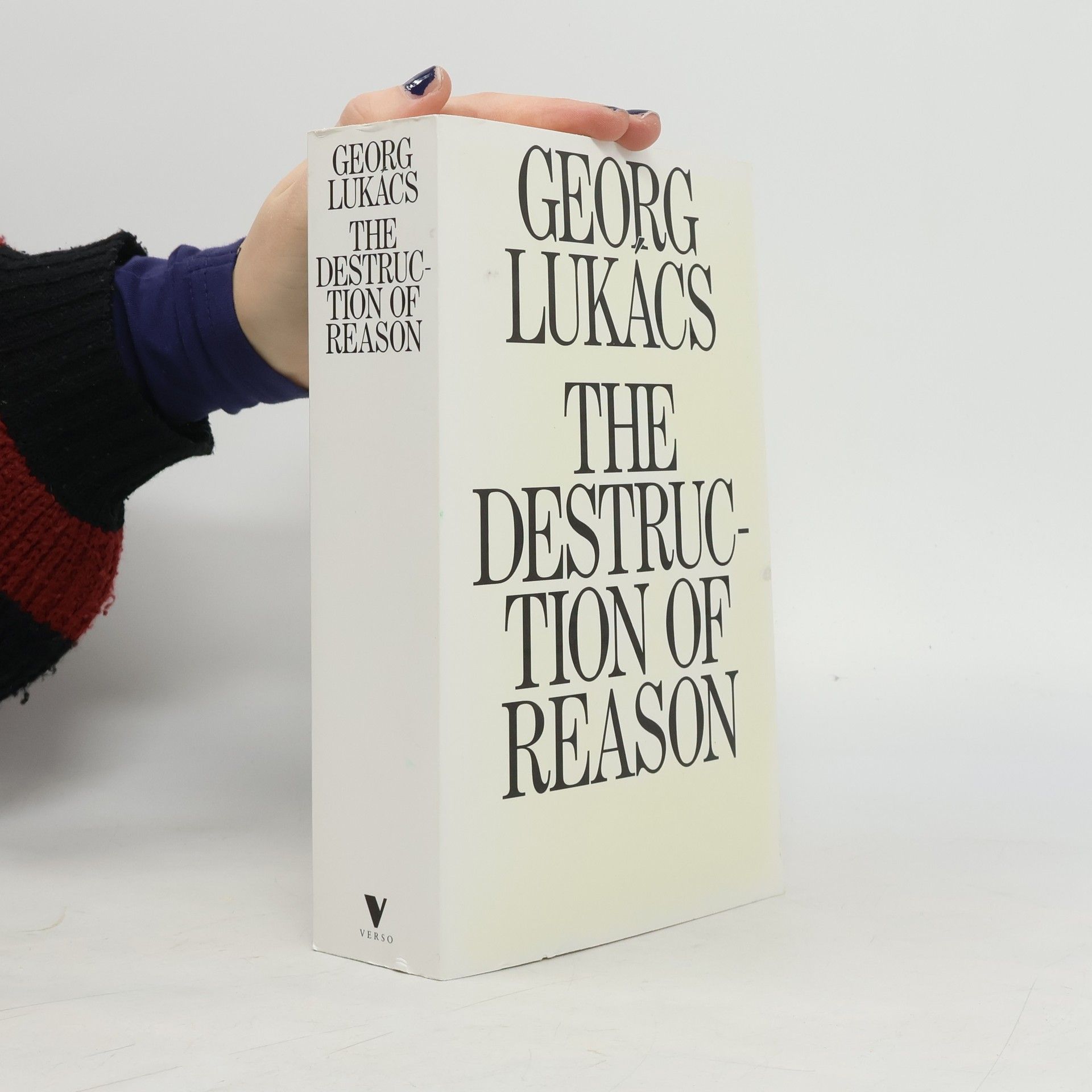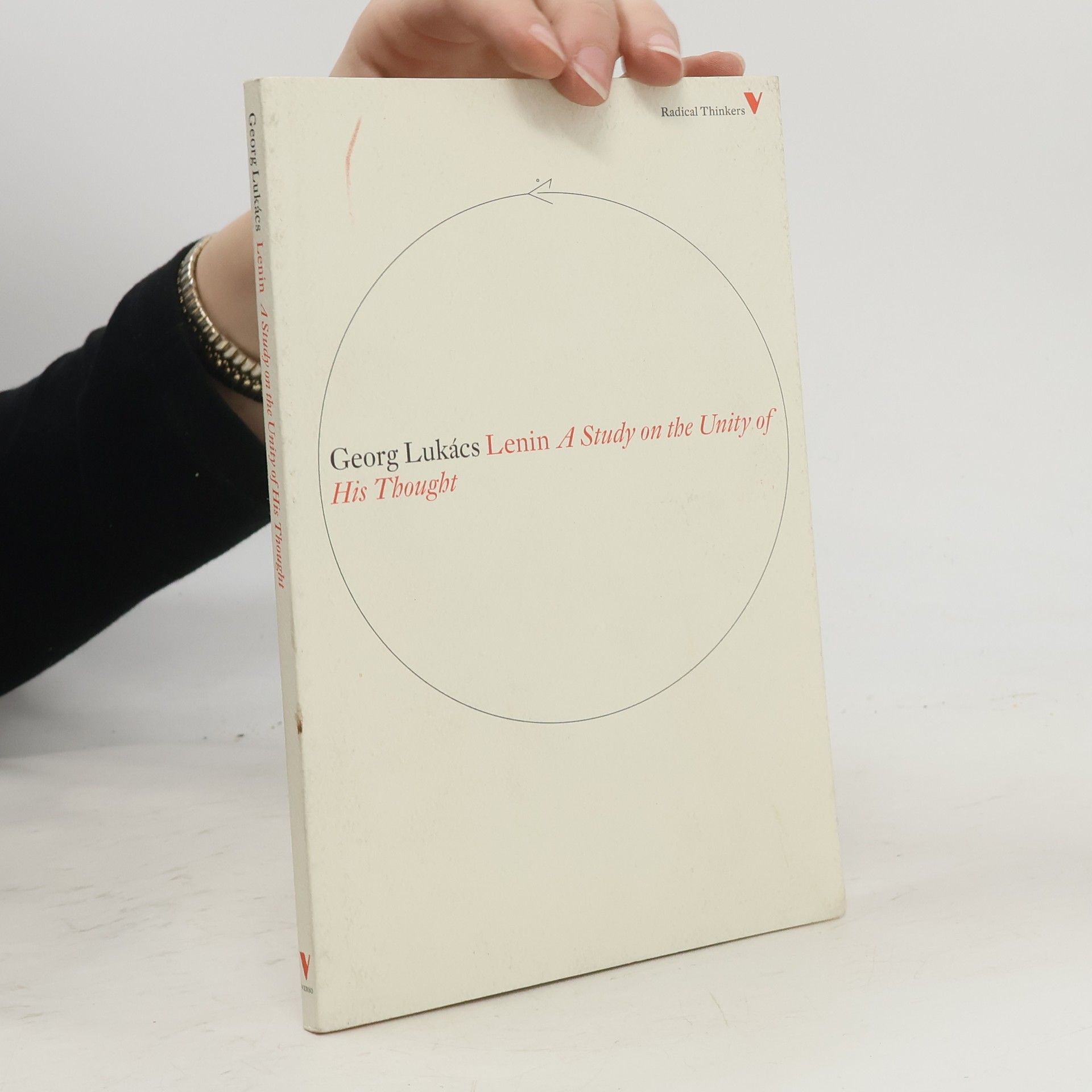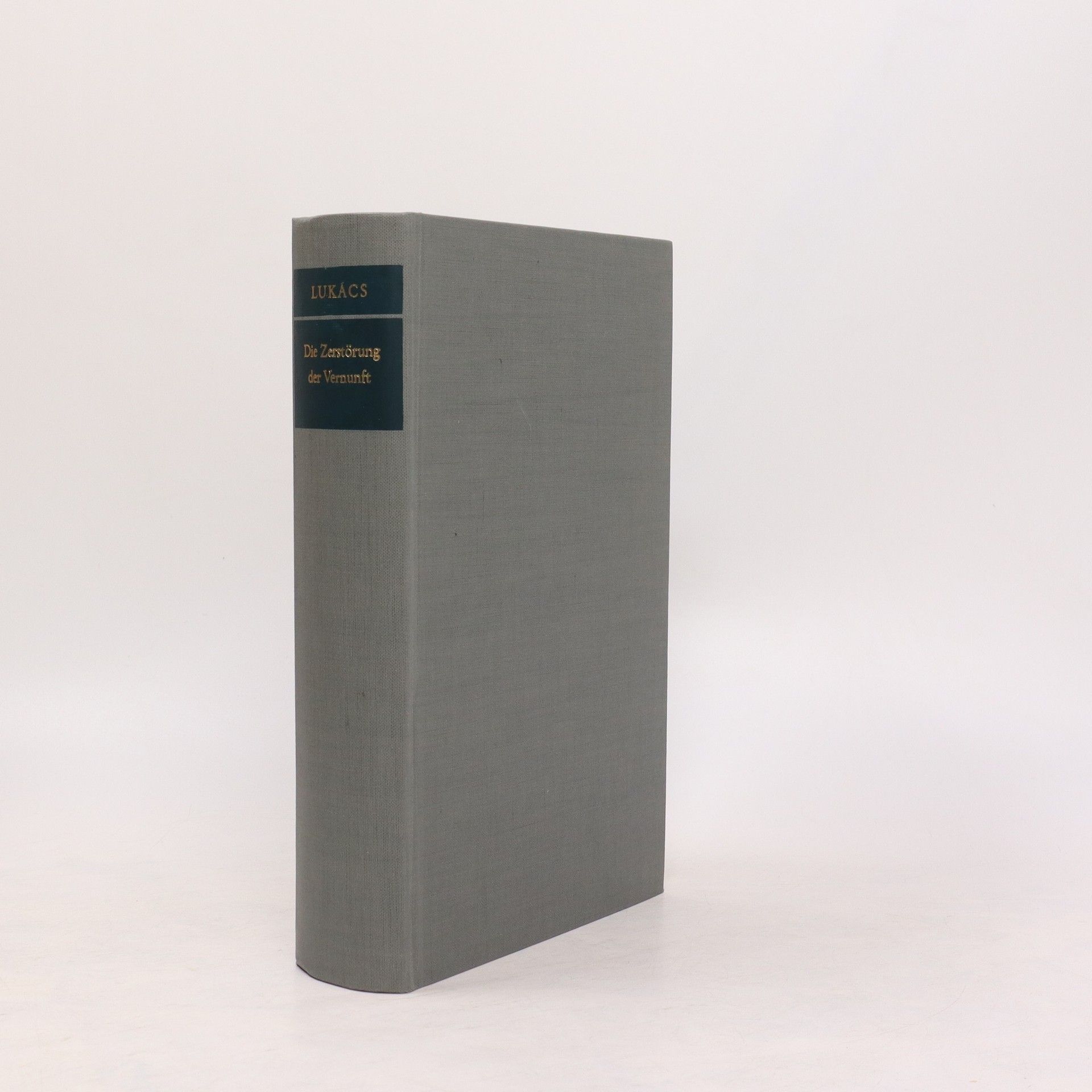Writer and Critic
- 260 pages
- 10 hours of reading
In the fall of 1960, during a three-month visit to Hungary, Arthur Kahn unsuccessfully asked his hosts to arrange a meeting with Gyorgy Lukacs, a persona non grata to the Communist regime. Kahn arranged to meet Lukacs on his own and proposed translating some Lukacs essays never before appearing in English. During the three years Kahn worked on the translations, he and Lukacs engaged in a voluminous correspondence, investigating Marxism as it applied to contemporary events like the Vietnam war. Extracts from this correspondence will be included in a forthcoming volume of Kahns' autobiography, "The Education of a 20th Century Political Animal."









